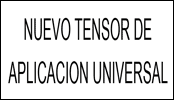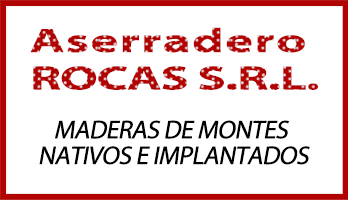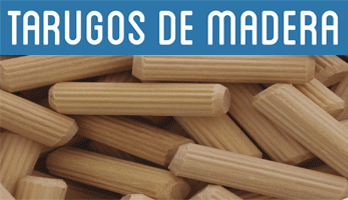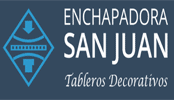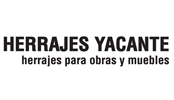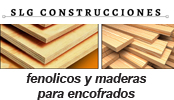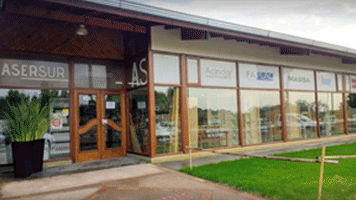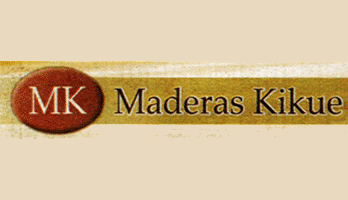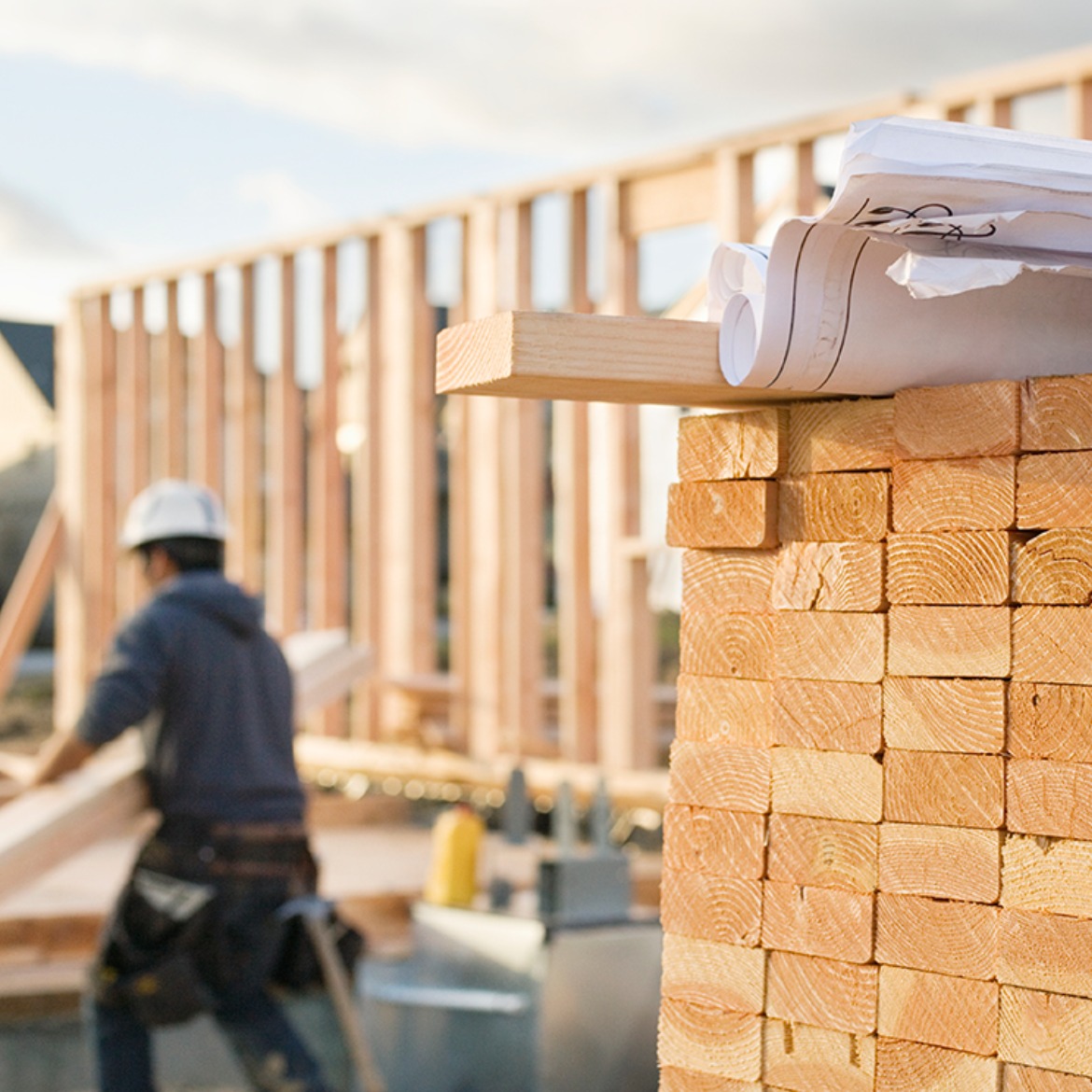
Diploma in wood construction in Misiones: UNAM is committed to adding value to the forest industry
The National University of Misiones (UNAM) launched a new diploma under construction with wood, in a joint effort with the Ministry of Industry of the Province, with the aim of promoting the use of this natural resource in the region. The presentation was made in the city of Oberá.
Sergio Katogui, Vice Chancellor of the UNAM, highlighted the relevance of this educational proposal in the context of a province where more than 50% of the economy is linked to industrial forest activity. We understand that through the construction it is implemented or added to the products derived from the forest activity, said Katogui, underlining the need to make the most of the missionary resources. The diploma, which will be developed in conjunction with the faculties of Forest Sciences, Engineering, and Art and Design, where the architecture career is taught, seeks to address a specific situation according to the VICERECTOR of the UNAM: Much of the wood produced in Misiones is exported without a significant added value, and the use From this material in the construction within the province is still limited. «We live in a province where, despite being the large suppliers of wood -based raw material, we have very few constructions that use this material. Through training, we seek to reverse this situation and favor industrialization processes, so that our products leave the province with maximum added value, ?said Katogui. This new diploma, although it still does not have the undergraduate career status o Grade, seeks to represent an important step towards promoting the use of wood in construction, contributing to the industrialization and sustainable development of the province of Misiones, said the vice -rector.
IT MAY INTEREST YOU
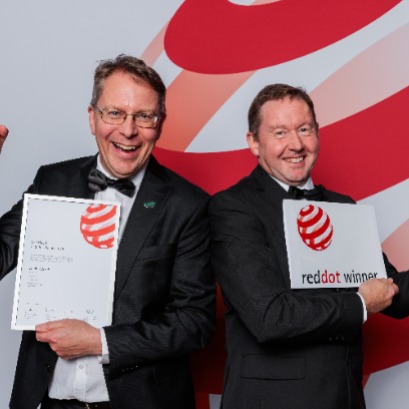 Combilift Receives its 3rd Red Dot Win with its New 7-ton Electric Multidirectional Counterbalance Forklift
Combilift Receives its 3rd Red Dot Win with its New 7-ton Electric Multidirectional Counterbalance Forklift
The recently launched Combi-CB70E earns global recognition for its ergonomic design, performance, and sustainability at the prestigious Red Dot Design Awards 2025 Essen, Germany ? July 2025 ? Irish-based manufacturer Combilift, a global leader in multi-directional and customised handling solutions, has been awarded the prestigious Red Dot Award for Product Design 2025 for its Combi-CB70E, high-capacity, electric-powered multidirectional forklift, developed to meet the needs of heavy-duty, long-load handling in more sustainable ways.
 A study analyzed the impact of forest fire smoke on cardiovascular health
A study analyzed the impact of forest fire smoke on cardiovascular health
The investigation was based on data from more than 20 million people and showed the consequences of exposure to fine particles in these events according to the United Nations Organization (UN), forest fires are rapidly increasing in intensity, frequency and duration due to the climate crisis
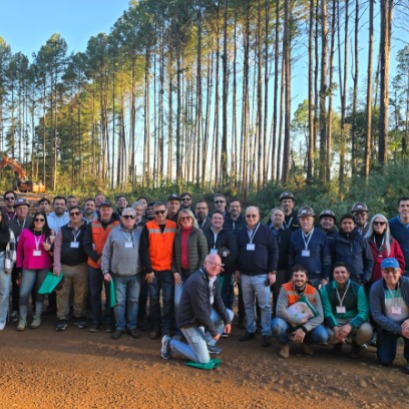 Corrientes was the headquarters of the 147th Madero Congress of Faima: focus on exports, European regulations and economic perspectives
Corrientes was the headquarters of the 147th Madero Congress of Faima: focus on exports, European regulations and economic perspectives
The town of Viroso, in Corrientes and Epicenter of the Forest-Industrial Pole in the region, was the headquarters of the 147th Madero Congress of the Argentine Federation of the wood and related industry (Faima), which took place on July 3 and 4. The meeting convened the entire forest value chain in the country, with the aim of analyzing the current economic context, the new demands of the European market and the growth opportunities for SMEs in the sector.

